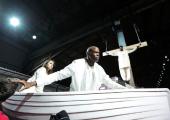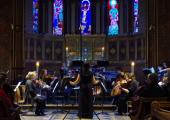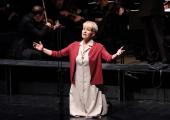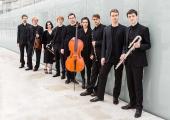Dickson, SCO, Swensen, Queen's Hall, Edinburgh review - world premiere of a bold new work

James MacMillan takes the saxophone into uncharted territory
It’s as intricate as it is concise. The depth to the architecture of James MacMillan’s Saxophone Concerto – which was given its world premiere this week by saxophonist Amy Dickson and the Scottish Chamber Orchestra – is quite astounding, and all the more so for being packed into three five-minute movements.

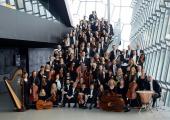
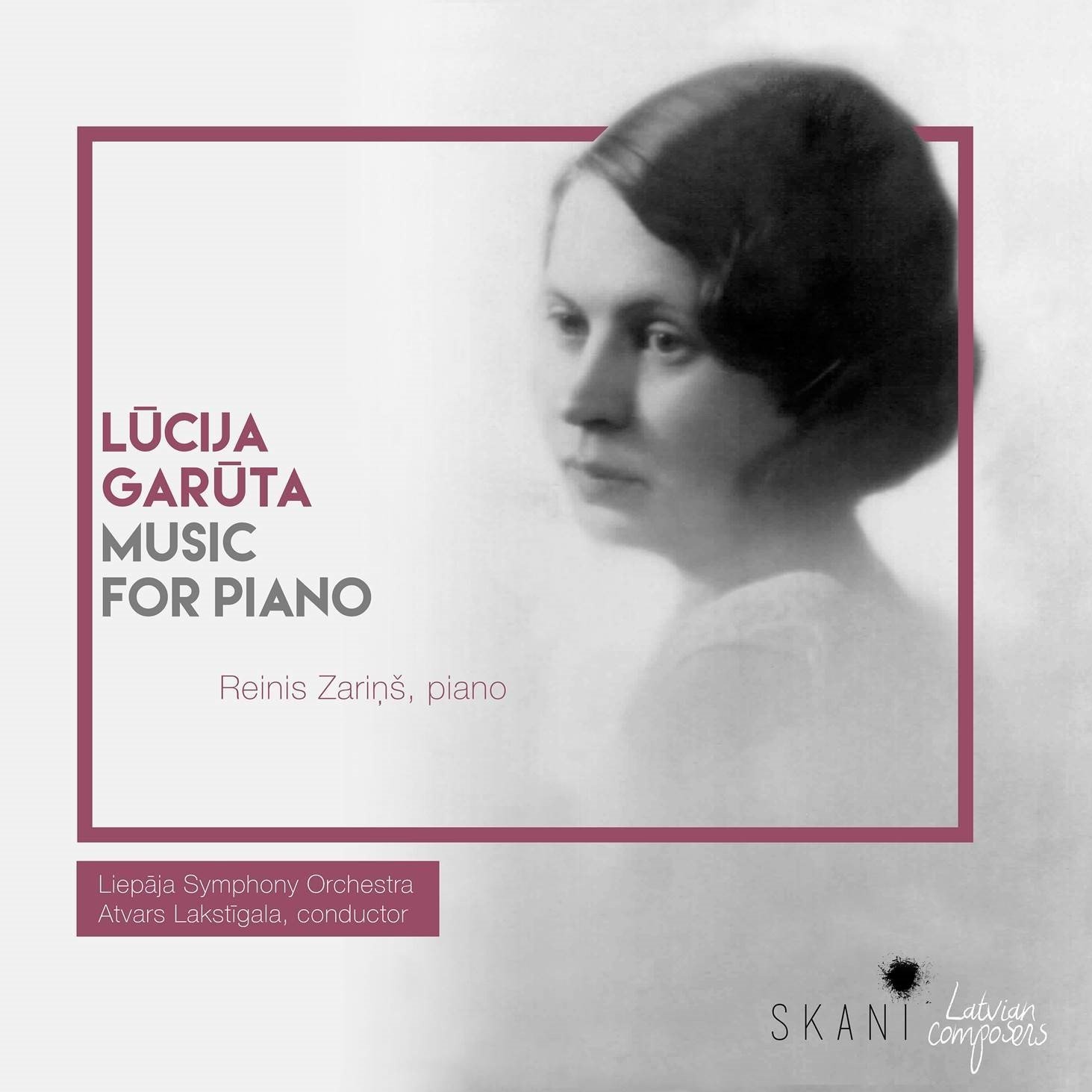 Lūcija Garūta: Music for Piano Reinis Zariņš (piano), Liepāja Symphony Orchestra/Atvars Lakstīgala (LMIC/SKANI)
Lūcija Garūta: Music for Piano Reinis Zariņš (piano), Liepāja Symphony Orchestra/Atvars Lakstīgala (LMIC/SKANI)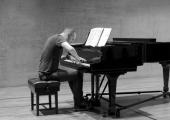
 Visions of Prokofiev Lisa Batiashvili (violin), Chamber Orchestra of Europe/Yannick Nézet-Seguin (DG)
Visions of Prokofiev Lisa Batiashvili (violin), Chamber Orchestra of Europe/Yannick Nézet-Seguin (DG)